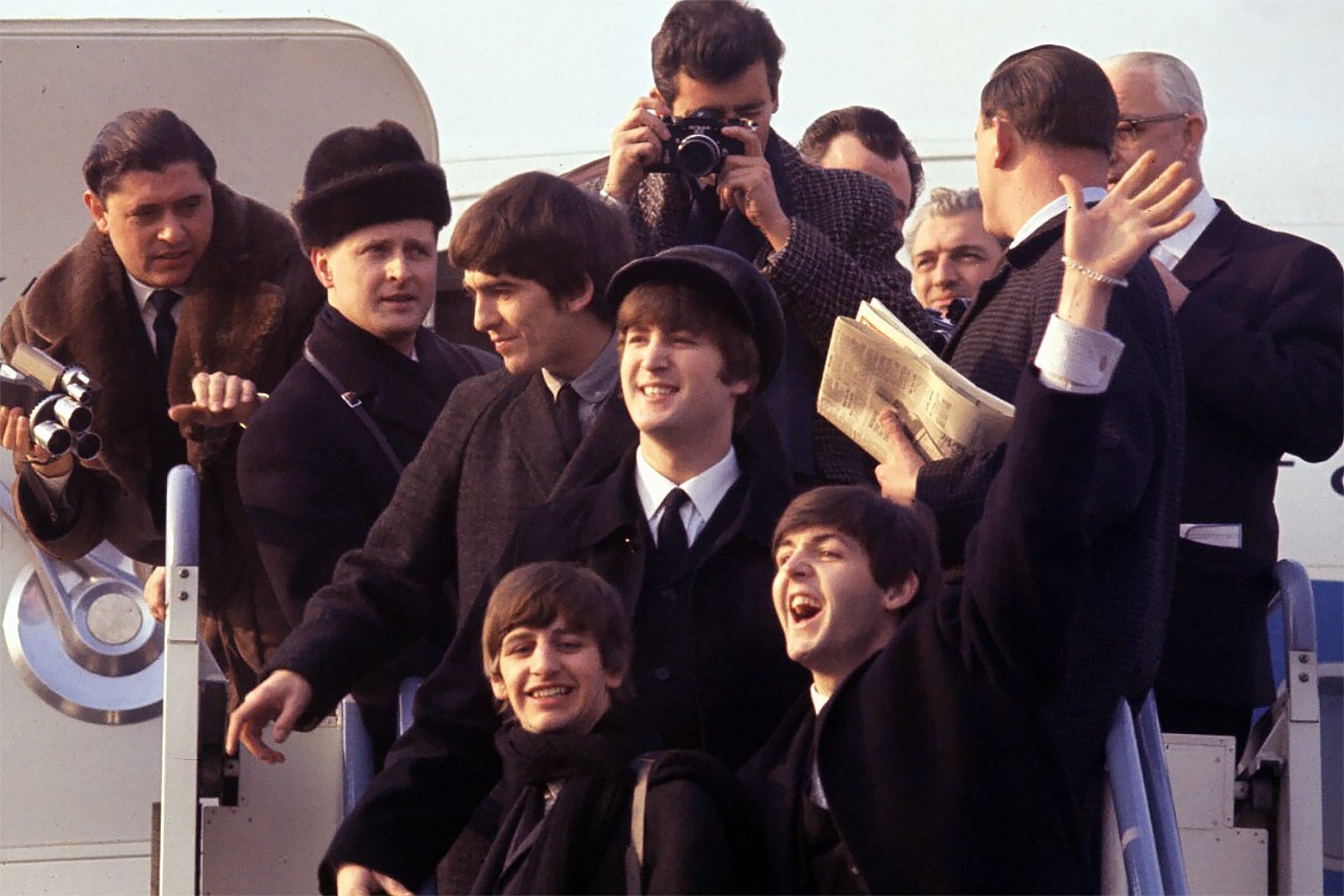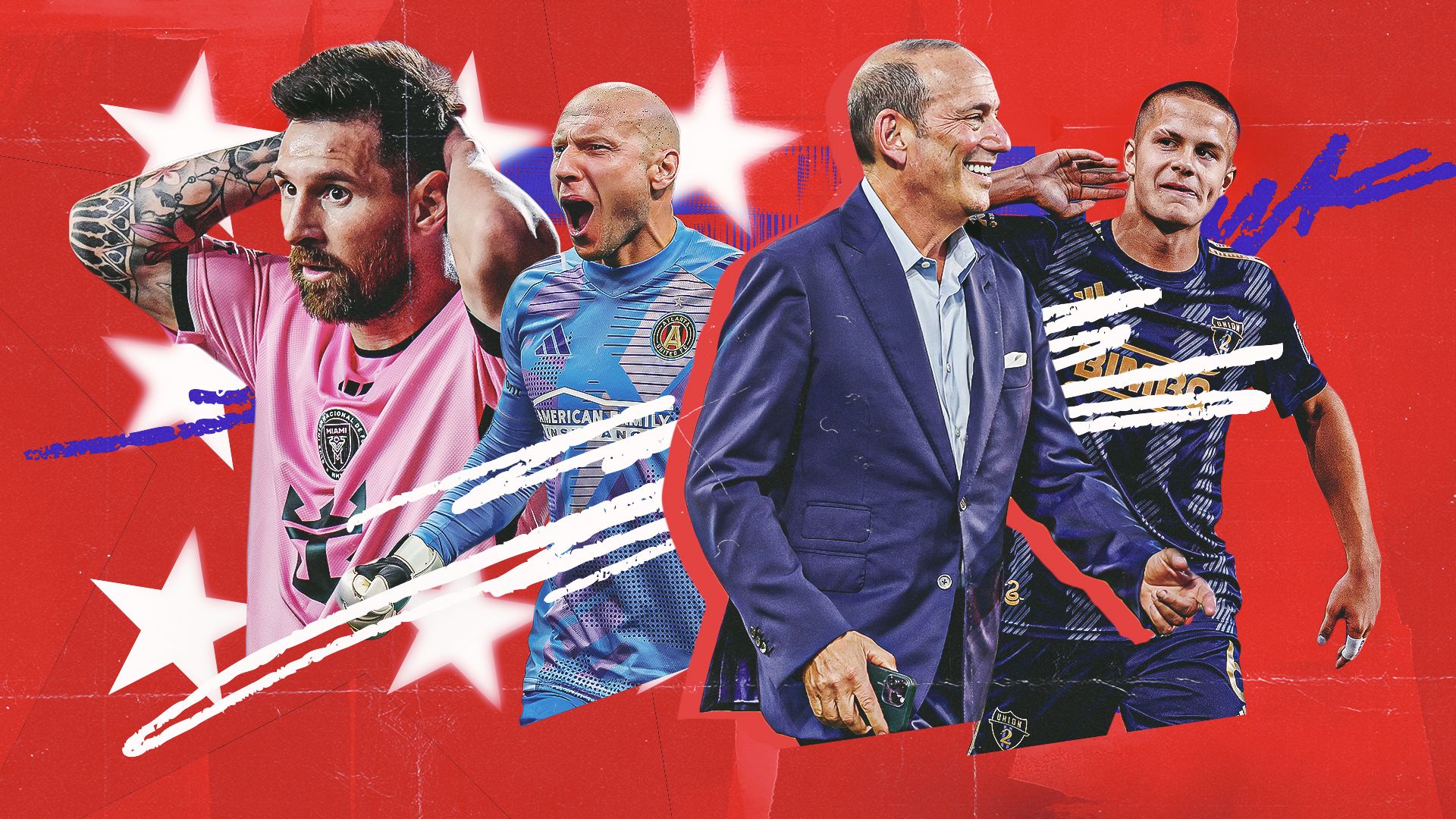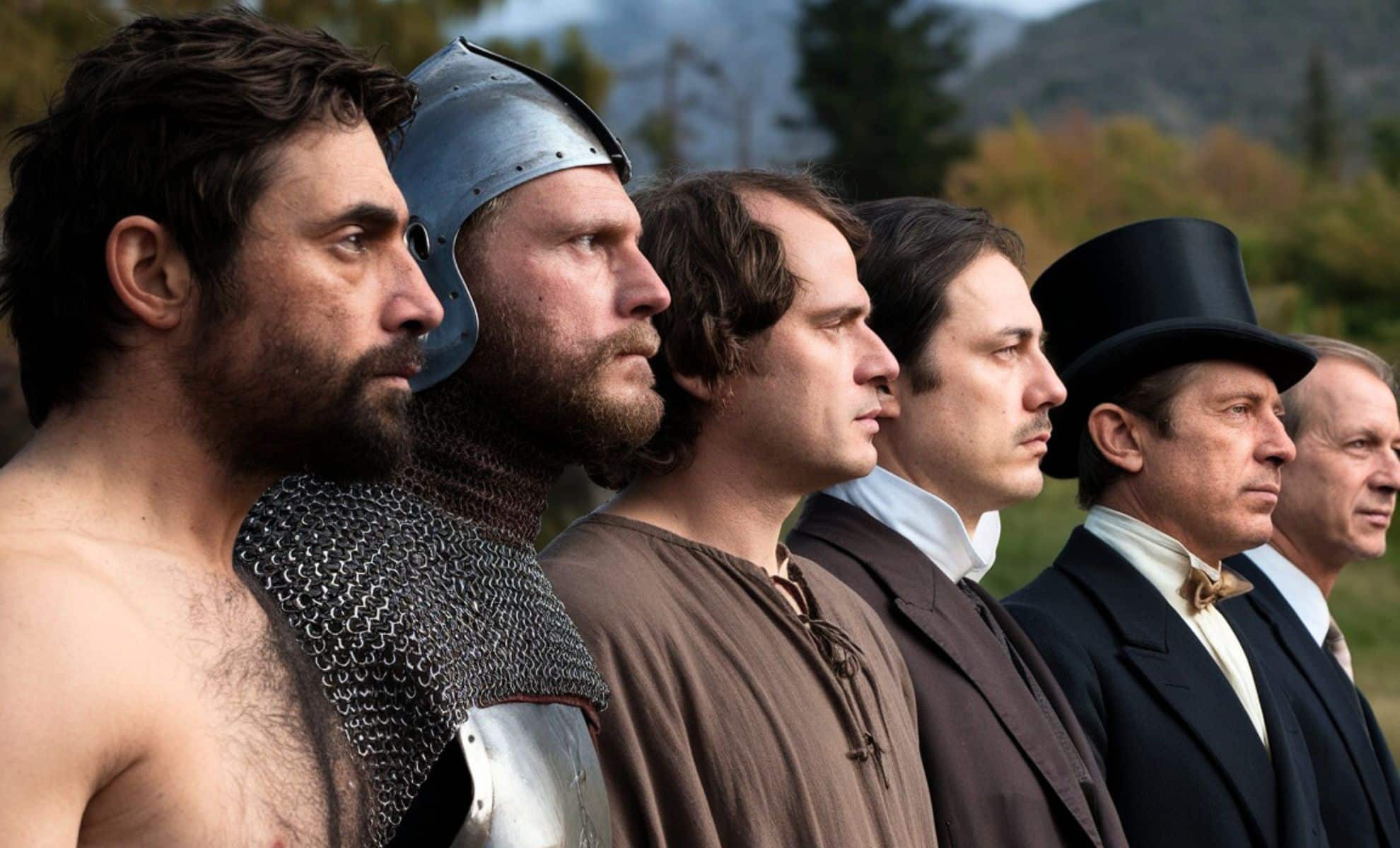In November 1963, the assassination of President John F. Kennedy shocked America. Barely three months later, a whirlwind of Beatlemania swept the nation, offering a glimmer of hope and joy amidst the national mourning.
The new Disney+ documentary, Beatles ‘64, explores this momentous cultural intersection, venturing beyond the familiar narrative of ecstatic fans and screaming teenagers.
While many know the story of the Beatles’ arrival, director David Tedeschi leads us back to the national trauma of JFK’s death, making the case through interviews with Paul McCartney that Americans were primed for the Fab Four’s joyful arrival. John Lennon, George Harrison, and Ringo Starr were interviewed by Martin Scorsese for this project, adding another layer of intrigue.
What truly sets Beatles ‘64 apart is its unprecedented access to never-before-seen footage captured by filmmaking legends Albert and David Maysles. This unseen footage, along with new interviews, showcases the Beatles from a unique perspective. "They were like gentle giants," McCartney says of their view of reporters on the hit music show "The Ed Sullivan Show," "
While most Beatles accounts focus on the screaming fans and the band’s pursuit of stardom, Beatles ‘64 paints a picture of the Beatles’ early days as being marked by a curious awareness of the spectacle surrounding them. In a fascinating scene, McCartney observes the convergence of media and spectacle, pointing his handheld radio towards the Maysles brothers, noting, "This will be good for continuity." He is acutely conscious of the cushion-like proximity of the microphones and the cameras, and he utilizes the technology to keep the media machine zig-zagging along beside him.
Looking back, McCartney’s question, "What is this thing that’s happening?" resonates with the audience, highlighting the band’s bewilderment at the relentless commercialism of their reception. The documentary reveals their discomfort with the symbiotic relationship between their music and the burgeoning media machinery that defined the pop-star archetype.
Even as they bask in the adoring screams of fans, the band questions the coercive nature of celebrity. Unlike typical rock stars of the time, the Beatles displayed a more thoughtful self-awareness.
Beatles ‘64 goes beyond rock ‘n’ roll history, showcasing powerful commentary on the cultural and sociopolitical landscape of the early 1960s. It examines the impact of American pop culture, the blurred lines between artistry and merchandising, and the emergence of a new kind of fandom.
The documentary delves into how Kennedy’s assassination shaped the national psyche and set the stage for a new national narrative. The Beatles, arriving on the scene just a few months later, became the unexpected antithesis to the tragedy. Their youthful energy, musical innovation, and the sheer force of their arrival filled a void the nation felt.
Beatles ‘64 is a compelling look at a pivotal moment in American history. Its insightful commentary , combined with never-before-seen footage and insightful interviews, provide a unique perspective on how the Beatles became embedded in the US national narrative and cemented their place as cultural icons.
## From Grief to Grooves: Examining the Beatles’ Impact on a Nation in Mourning
**world-Today-News.com Exclusive Interview with Music Historian Dr. Emily Carter**
**World-Today-News.com:** Dr. Carter, the new Disney+ documentary “Beatles ’64” sheds light on the band’s arrival in America just months after President kennedy’s assassination. How did the Beatles’ music resonate with a nation still reeling from grief?
**Dr. Carter:** Oh,it was extraordinary,truly. November 1963 was a deeply traumatic time for America. The assassination left a gaping wound in the national psyche.people were battling shock, anger, and despair. Then, enter the Beatles, these four young lads from Liverpool, with their infectious energy, catchy tunes, and mop-top haircuts.
They offered an escape, a temporary reprieve from the weight of grief. Their music was vibrant, joyful, and undeniably optimistic. It tapped into a yearning for lightness and happiness that the nation desperately needed.
**World-Today-News.com:** Beyond the escapism, did the Beatles’ arrival represent something larger for Americans at the time?
**Dr. Carter:** Absolutely.The Beatles arrived not just as musicians but as symbols of change. Their music represented a break from the conventions of the past, a new wave of youthful energy and rebellion. They were a reflection of the societal shifts happening beneath the surface, the burgeoning counterculture movement, and the desire for something fresh and exciting.
Their arrival coincided with the Civil Rights movement gaining momentum. The Beatles themselves were advocates for peace and love, messages that resonated deeply with those yearning for social change.
**World-Today-News.com:** The documentary highlights the ‘mania’ surrounding the Beatles. Do you think the intensity of their reception was unique to the context of post-kennedy america?
**Dr. Carter:** It’s hard to say definitely. certainly, the timing played a significant role.The vacuum left by Kennedy’s assassination created a need for something to rally around, to bring people together. But even without that context, the Beatles’ music was revolutionary.
Their songwriting was remarkable, their performances electrifying, and their charisma undeniable. It’s a combination that sparked a global phenomenon, one that transcended national boundaries and continues to resonate today.
**World-Today-News.com:** What can we learn from the way America responded to the Beatles in 1964?
**Dr. Carter:** I think it speaks to the power of music to heal, to unite, and to inspire. In times of darkness and uncertainty, art can offer solace and hope. The Beatles’ music did just that for a nation in mourning, reminding people of the joy and beauty that still existed in the world.
Their story also highlights the enduring appeal of youthful rebellion, of pushing boundaries and challenging the status quo. It’s a lesson that remains relevant today, as we navigate our own complex and often turbulent times.
**World-Today-News.com:** Thank you for sharing your insights,Dr. Carter. The Beatles’ story is a testament to the power of music to transcend time and circumstance.


